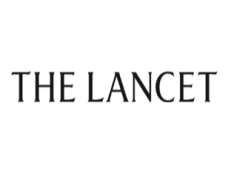Study: Propofol sedation increases colonoscopy costs without improving outcomes
Editor's Note
Although the use of propofol for colonoscopy has been rising due to beliefs that deep sedation leads to greater patient comfort, a recent systematic review and meta-analysis of nearly 1,500 patients from nine randomized controlled trials shows this view is not supported by available evidence. Published March 8 in The Lancet, the findings show that propofol sedation increases costs without improving quality metrics.
The study evaluated 46,634 colonoscopies performed at 21 hospitals in Ontario, Canada from April 1, 2017 to October 31, 2018 using either propofol (16,408, or 35.2% of cases) or conscious sedation (30,266, or 65.8% of cases). Compared to conscious sedation, the use of propofol was associated with a lower adenoma detection rate (ADR), but not sessile serrated polyp detection rate (ssPDR), polyp detection rate (PDR), cecal intubation rate (CIR), or perforation rate. On multi-variable analysis, propofol sedation was not associated with any differences in ADR, PDR, or CIR . The additional cost associated with propofol sedation was $12,730,496 for every 100,000 cases.
“The use of propofol sedation was not associated with improved colonoscopy related quality metrics but increased costs,” the authors conclude. “The routine use of propofol for colonoscopy should be reevaluated.”
For more information on propofol usage and other sedation options, view the article, "Procedural sedation analgesia considerations for ASC leaders," in the April issue of OR Manager.
Read More >>

 Free Daily News
Free Daily News